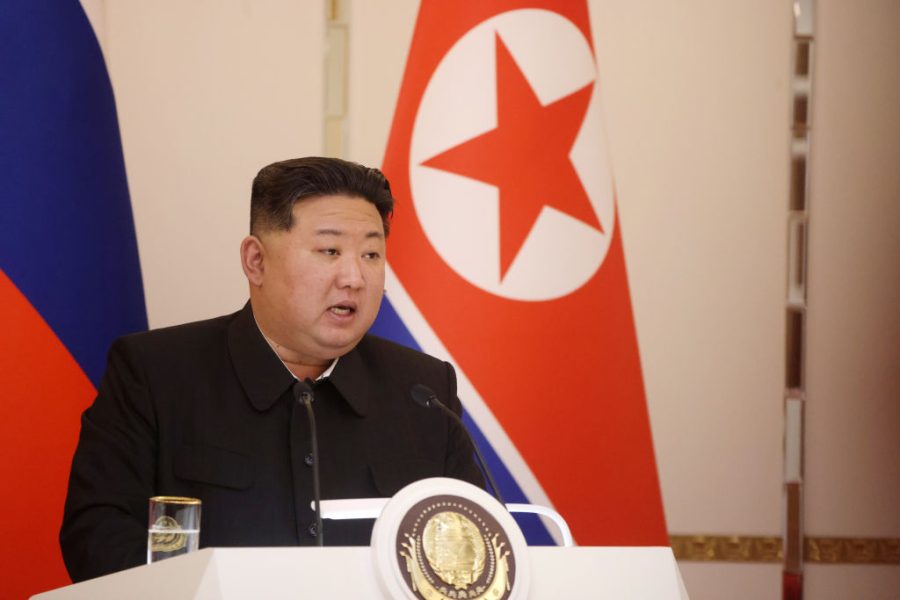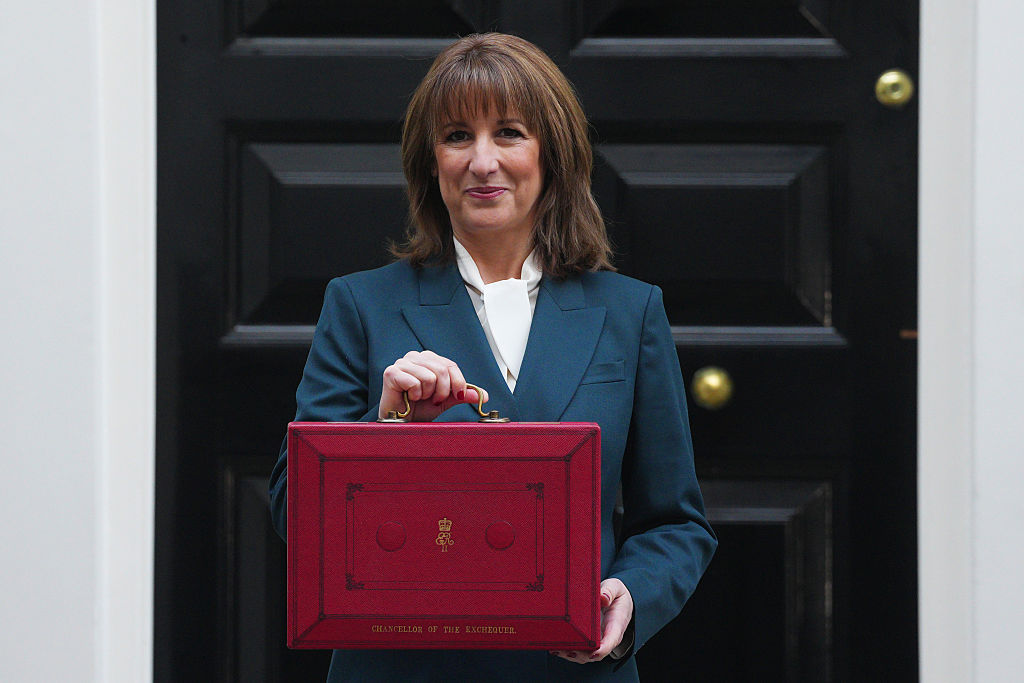North Korea’s leader, Kim Jong-un, once again declared earlier this wek that he would only welcome peace talks with the United States if Washington dropped its ‘denuclearisation obsession’. Responding several hours later, South Korean president Lee Jae-myung stressed that Seoul would accept a deal between Kim Jong-un and Donald Trump in which Pyongyang agreed to freeze its nuclear programme. Yet, even if Kim and Trump were to eventually enter into negotiations, one look at the hermit kingdom’s past behaviour suggests that any such ‘freeze’ will not mean an abandonment of Kim Jong-un’s ultimate objective: for North Korea to be recognised as a nuclear-armed state.
In an address to North Korea’s rubber-stamp parliament – the Supreme People’s Assembly – over the weekend, Kim Jong-un did not hold back from doing what his regime has always done since the country’s inception in 1948: criticising the United States and South Korea. It was hardly surprising that Kim emphasised that ‘denuclearisation, as demanded by the United States, is something that we can never do’. The Supreme Leader also predictably referred to the step-by-step process of denuclearisation put forward by the United States, not least during the first Trump administration, as a means of destroying the Kim regime. At the same time, the North Korean leader did not completely close the door for talks with his US counterpart: he reminisced on his ‘good memories’ of Trump from his administration and posited that ‘there is no reason for us not to sit down with the United States’.
South Korea must ensure that it does not appease the North
These claims, however, should not be misunderstood. With North Korea increasingly emboldened, not least thanks to financial and material support from Russia, Kim wants to call the shots now more than ever before. For all the unusual camaraderie between Trump during his first administration and his North Korean counterpart nearly half his age, their interpersonal bonhomie was not reflected in the state-to-state ties between Washington and Pyongyang.
What is more, even if Trump and Kim do have a tête-à-tête at some point, this will be the fourth such time. The North Korean leader will want to return from any talks with tangible concessions, whether sanctions easing – despite his claims that North Korea would not call for the lifting of sanctions ‘in a million years’ – or a cessation of US-South Korean military exercises. Washington should not succumb to either option.
South Korean president Lee Jae-myung may hope for a deal between Trump and Kim wherein North Korea would ‘freeze’ its nuclear programme temporarily. But the history of North Korea’s behaviour shows that for every so-called goodwill gesture from the Kim regime, there remains a plethora of malign intentions and actions.
In October 1994, before North Korea had any nuclear weapons, negotiations between Washington and Pyongyang concluded in the so-called ‘agreed framework’, in which North Korea agreed to freeze its plutonium production in exchange for light-water reactors and fuel oil from the United States. The deal soon collapsed, but whilst Pyongyang paused its plutonium production – a key ingredient for building a nuclear weapon – it simultaneously engaged in the proliferation of highly-enriched uranium, another critical component for generating a nuclear weapon. Here, its partners in crime included none other than Iran, Libya, and Pakistan.
Thirty years after the agreed framework, we must be highly sceptical that were a now-nuclear North Korea to ‘freeze’ its nuclear programme, it would press pause on its nuclear and missile ambitions. Even if Pyongyang were to make small concessions with respect to its nuclear programme, nothing would stop North Korea from advancing its conventional capabilities or venturing into new technologies. Only last week, Kim Jong-un warned that one of his ‘top priorities’ was to develop military drones using artificial intelligence technology.
Despite Lee Jae-myung’s desires to rekindle the flame in inter-Korean relations and court Donald Trump for this purpose, Kim Jong-un’s words signify a different reality. This past weekend, Kim dismissed the left-leaning South Korean government’s attempts to induce North Korea back to talks. Emphasising how the North ‘will not engage with [South Korea] in any way’, the North’s perspective on its southern counterpart as the ‘most hostile country’ is not abating – a not-so-subtle allusion to Kim Jong-un’s decision in January last year to abandon the reunification of the Korean Peninsula as a policy goal. For all Lee Jae-myung’s hopes to talk with Kim, South Korea must ensure that it does not appease the North.
As North Korea prepares to send a high-level delegation to the United Nations General Assembly in New York, questions abound as to whether any US-North Korea meeting will occur. Whether or not it happens, Kim Jong-un made clear how, for now, ‘time is on [North Korea’s] side’. With North Korea due to host a military parade on 10 October to commemorate the 80th anniversary of the founding of the ruling Workers’ Party, the world must watch to see what North Korea displays and what Kim Jong-un says. But one thing is for sure: North Korea will continue its strategy of ensuring that bad behaviour pays.







Comments